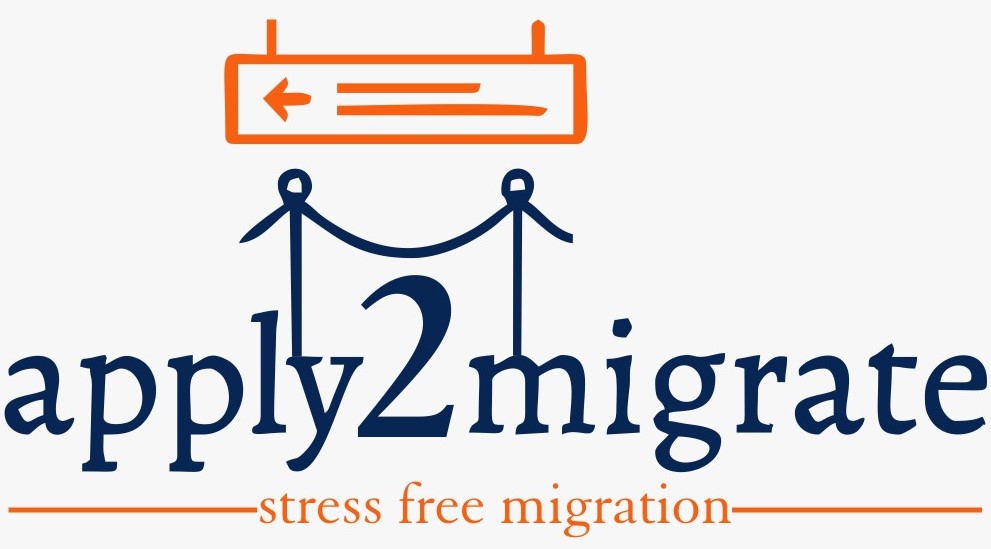Article 19, Paragraph 15 of the General Tax Act states that a taxpayer who has a legal relationship with a third country is not obliged to appoint a tax agent if he or she chooses a dematerialized means of notification. In this article, we will explore the Impact of this provision.
THE PREVIOUS WORDING
Taxable persons residing abroad, and taxable persons residing in the country but absent for more than six months, as well as corporations and other legal entities that have suspended their activities, must appoint a representative residing in the country for tax purposes,” stated the words of Article 19 of the Conventional General Tax Law (GTL), which only the nationals of the European Union (EU) or European Economic Area (EEA) member states were exempt from the appointment of tax agents.
This option essentially enables non-resident taxpayers to fulfill their tax obligations and exercise their rights to the Portuguese Tax Authority (PTA) by living outside Portugal, especially outside a more tightly and simple communications network such as the European Union.
In simple terms, the tax agent promises to take care of tax matters in Portugal for the taxpayer. This includes receiving letters from the tax authority and handling all necessary tax duties, like submitting income statements. Moreover, the agent ensures that the taxpayer’s rights, such as complaints, appeals, and objections, are protected.
However, the old law didn’t recognize electronic communication for taxpayers. It assumed that it would be challenging for a proxy to fulfill tax responsibilities and rights.
Currently, the General Tax Law includes the following legal rules:
You don’t need to appoint a tax agent if you receive electronic notices through a single digital address, use the tax authority’s website for electronic notices and quotes, or have an email inbox. This change acknowledges that there are good alternatives like regular mail and paper forms for taxpayers to meet their tax duties and rights. The goal is to decentralize the requirement for tax agents due to advancements in technology.
Circular Letter No. 90057 dated July 20, 2022

After revising the General Tax Law, the Tax Authority issued Circular No. 90057 on July 20, 2022, as per Decree No. 44/2022 dated July 8. This circular clarifies the obligation to appoint a tax agent for taxpayers residing in third countries but having tax-related ties with Portugal.
The circular states that if a taxpayer in a third country receives electronic notifications (through the tax authority’s website or email), they are exempt from appointing a tax agent. This exemption is granted to taxpayers who opt for electronic notifications via the tax authority’s website or email system.
Circular No. 90057 replaces the previous Circular No. 90054. The earlier circular mandated the appointment of a tax agent for taxpayers from third countries (EU or non-EEA) after receiving a tax agent number as non-residents.
Clarifications from Circular Letter No. 90057
Circular Letter 90057 provides an important clarification of the duty of appointing tax agents for taxpayers in third countries. One important provision is a waiver against subscribers to electronic notifications, such as those received on the tax authority’s website or email system. This exemption simplifies the requirements of tax agents is in line with technological advances and recognizes electronic communications networks as an effective and efficient means of fulfilling tax obligations and rights. These clarifications are aimed at promoting compliance, reducing administrative burdens, and improving the overall tax experience of taxpayers in third countries.
Compliance Requirements for Non-Resident Taxpayers
- Non-resident taxpayers must comply with the tax liability in Portugal if they have a legal relationship or activity under Portuguese tax jurisdiction.
- Compliance requirements include timely tax returns, tax payments, and compliance with reporting requirements following Portuguese tax laws.
- Non-resident taxpayers can fulfill their tax liability through electronic means, such as subscribing to digital notifications and communications through the website of the tax authority or email system.
- These compliance measures allow non-resident taxpayers to efficiently and effectively fulfill their tax obligations in Portugal while leveraging the latest technology for a streamlined process.
Changes in the General Tax Law
Recent revisions to the General Tax Law reflect a broad trend toward digitization and modernization of tax administration. One notable change is the decentralization of tax agent requirements, which allows taxpayers to fulfill their tax liability through electronic notifications and de-materialized channels. The shift recognizes the importance of technological progress in simplifying tax procedures and providing flexibility to taxpayers. These changes are aimed at streamlining tax administration, reducing manual labor, and promoting compliance efficiency.
Frequently Asked Questions (FAQs)
Q 1: Who doesn’t need a tax agent in Portugal?
Taxpayers from other countries can skip a tax agent if they use electronic notices for tax matters.
Q 2: What’s good about electronic tax communication?
Electronic tax talks are quick, save paper, and are easy for both taxpayers and tax officials.
Q 3: What do non-resident taxpayers have to do in Portugal?
Non-residents must file tax papers on time, pay taxes, and follow Portuguese tax rules.
Q 4: How does Circular Letter No. 90057 change tax agents for foreign taxpayers?
The circular lets foreign taxpayers skip tax agents if they get electronic notices from Portugal’s tax site or emails.
Q 5: What’s new in the tax law about tax agents?
Tax laws now let people handle tax stuff electronically, making it easier for everyone involved.
Final Thoughts
The termination of the Portuguese tax agent appointment adopts electronic communications and makes tax procedures more efficient for taxpayers, especially non-residents. This transition represents a step towards a modernized tax system that reduces administrative burdens, promotes compliance, and is a key step forward.
“Apply2migrate facilitates migration with complete solutions, including visa, real estate, and moving. Our skilled team ensures a smooth process and high visa approval rate for investors, entrepreneurs, job seekers, etc.”


